In Pakistan, the struggle over power often provokes people to spin the law towards their own interests and (mis)use state institutions to reach political ends. Under such conflictual circumstances, anti-corruption institutions are frequently used by the people in power to persecute opposition parties. This paper has two aims. First, it attempts to show that political disputes and the conflict between civilian and military authorities have not only led to the foundation of anti-corruption agencies at the national level—the Ehtesab Cell (EC) and National Accountability Bureau (NAB)—but also created a bias against civilian institutions in the legal provisions that regulate their activity. Second, the paper uses new statistical data to show that the NAB, founded in November 1999, has tended to side with the interests of the parties and people in government.
